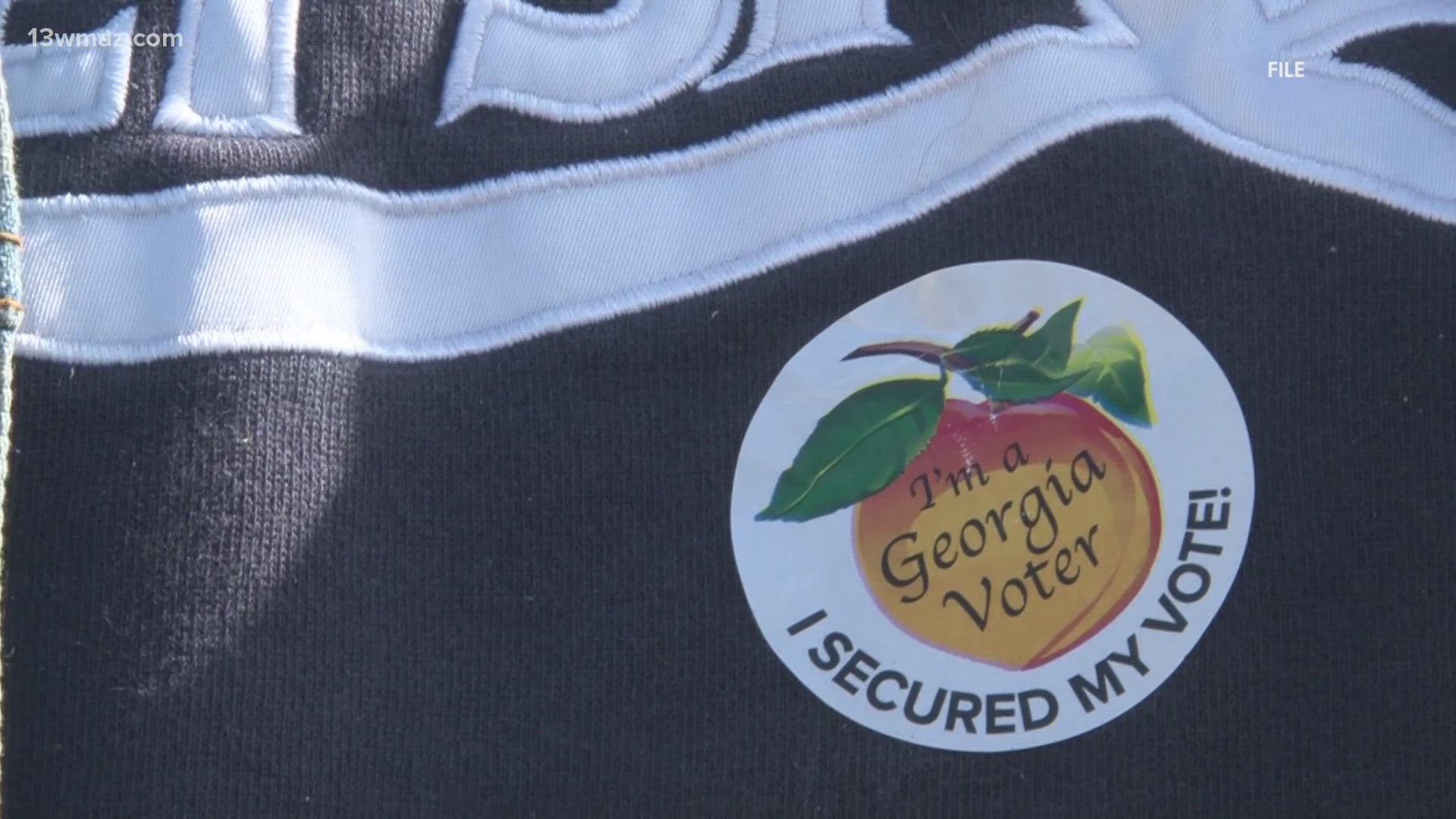MACON, Ga. — In May, voters will hit the polls for general primaries and non-partisan elections. That includes races like county commission and mayor's races.
There are two candidates running for Bibb County Mayor, incumbent Lester Miller and his competitor Shekita Maxwell, a chemist with the FDA.
That has some people ask the question, can federal employees run for local offices?
A federal law called The Hatch Act explains what federal employees can and can't do when it comes to politics. It covers everyone, from national park rangers to federal law enforcement and postal workers and civilian employees at Robins Air Force Base.
To answer our question, we turned to the experts. Our sources are the Office of Special Counsel and the United States Air Force websites.
Under the Hatch Act, civilian employees can run for a non-partisan election race. That means the candidates are not affiliated with a political party. Many local races are non-partisan, including school board races and mayor races.
Now, mayoral candidate Maxwell works for the U.S. Food and Drug Administration as a scientist and chemist. Since that's a non-partisan race, we can verify, yes, she can run.
Under the Hatch Act, employees can register with a political party. They can also help with non-partisan voter registration, and attend political fundraising and rally events.
However, they cannot do that in uniform or in any official capacity related to their job. They also can't run for partisan races, representing Democrats, Republicans or some other party.
Even if they run for a non-partisan race, they cannot be endorsed by or represent a partisan group.
While at work, in a government room or building, or using a government vehicle, they can't distribute campaign material, have signs or banners on their car or wear partisan race merchandise.
The law says they can not use their title or influence to affect the outcome of an election.
So we can verify, yes, federal employees can run for non-partisan posts, but their party activities are strictly limited.
Military members wouldn't fall under the Hatch Act, but for the most part they follow the same rules. They cannot participate in any partisan races or activities.
According to the Office of Special Counsel, people who violate the Hatch Act could be removed, disbarred from federal work for at least 5 years, or face a civil penalty up to $1,000.

